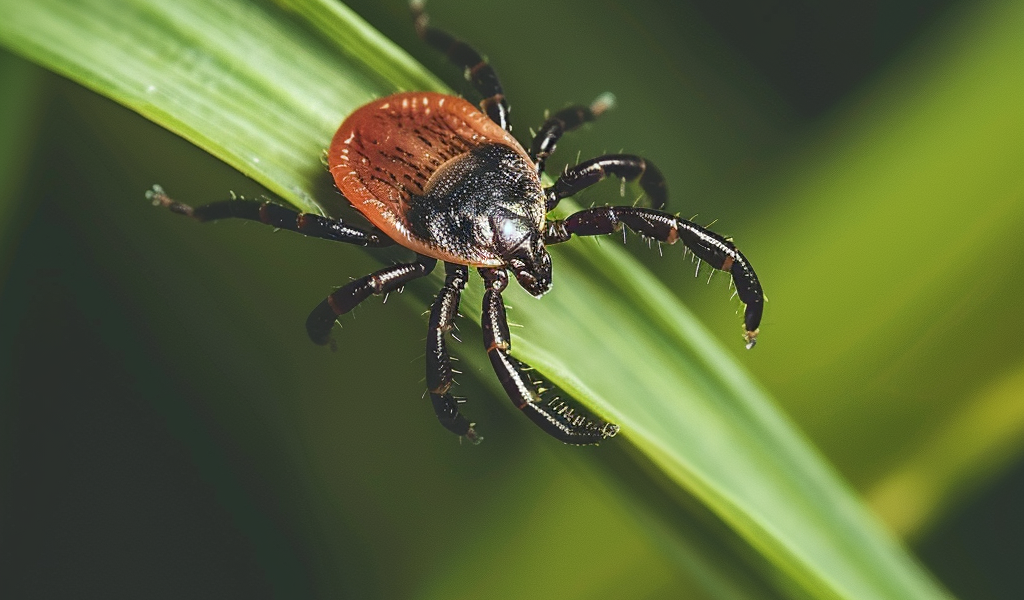A rare tick-borne disease, the Powassan virus, has been reported in Massachusetts, specifically in the town of Sharon. This marks the first time Powassan has been detected in Sharon, prompting residents to take precautions against ticks. The virus, which can be fatal, has already led to two reported cases under investigation in Massachusetts in 2024.
The Powassan virus, as described by the Massachusetts Department of Public Health, is a rare yet serious disease that has afflicted sixteen individuals in the state over the past decade. While most individuals exposed to Powassan may not exhibit symptoms, some can develop severe conditions such as meningitis or encephalitis, leading to inflammation of the brain.
Common symptoms of Powassan include fever, headache, vomiting, weakness, loss of coordination, confusion, speech difficulties, and seizures. These symptoms typically manifest between one week and a month following a tick bite. The agency notes that approximately 10% of individuals with the severe form of the disease may succumb to it, with survivors potentially facing long-term health issues.
Dr. Goudarz Molaei, the director of Tick-Borne Illnesses at the Connecticut Agricultural Experiment Station, highlights the significant mortality rate among hospitalized Powassan patients, with nearly 40% not surviving the disease. For those who do survive, long-term neurological symptoms may persist as there is currently no cure or specific treatment for Powassan.
The Powassan virus is transmitted by black-legged ticks, commonly known as deer ticks. To protect oneself from Powassan, individuals are advised to take preventive measures against tick bites.





